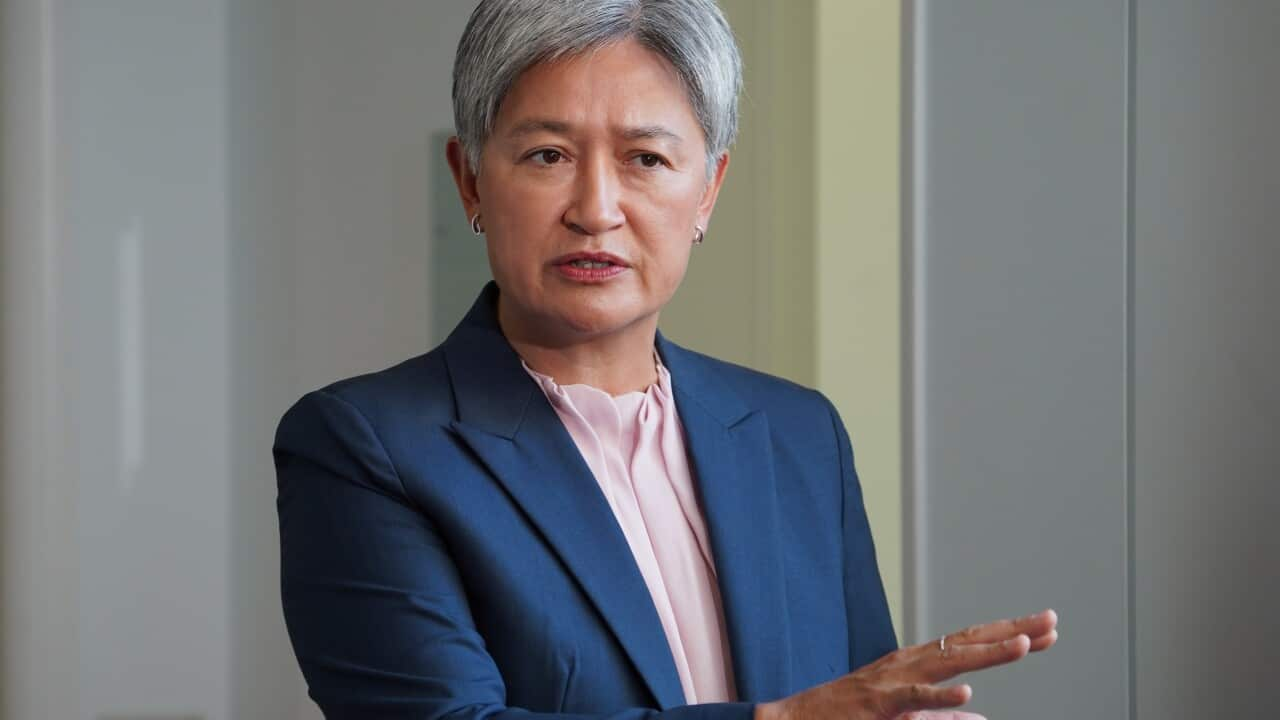TRANSCRIPT:
For months, the Greens have been adamantly opposed to supporting the $10 billion Housing Australia Future Fund, describing it as inadequate to address the country's spiralling affordability crisis.
Housing spokesman Max Chandler-Mather pressed their point home in July.
"We are very keen on negotiating this week. Our ideal outcome is passing a plan as soon as possible that includes locking in more funding for public and affordable housing, and a plan for renters including making unlimited rent increases illegal. In a way the ball is in the government's court."
Now, there's been a breakthrough.
The government will provide an additional $1 billion investment in the National Housing Infrastructure Facility to support the construction of public and community housing.
This is on top of the $2 billion extra previously promised by the government to pass the bill.
Greens leader Adam Bandt says this is what the party has been pushing for - and they will now let the bill through the Upper House.
"That means there is $3 billion going out the door this year, that was never on the table when the negotiations started. That's $3 billion for public and community housing that the government initially said they couldn't find. I thank the government for finding the additional money. The Greens are in a position where we will support the government's housing legislation, and be prepared, subject to the Senate, to pass it through the Senate this week."
The development follows a move by Independent MP Helen Haines to amend the government's regional housing bill.
The amendment concerns the National Housing Finance Investment Corporation, a body that was established to be a funding source for housing across Australia.
The M-P represents Indi, a rural northeastern Victorian electorate, and says a critical shortage in housing supply is preventing people from taking up jobs in rural and regional areas.
"In the many years that I have lived in rural and regional Australia, I have never seen homelessness like we have now. So my bill seeks to clarify who can apply for this funding, it seeks to include greater transparency so the Minister must make clear to the Parliament what actions she is taking to make sure that the 30% of Australians who live outside of the big cities actually get equitable share of this housing funding."
But the breakthrough on the housing future fund legislation is unlikely to dissuade the Coalition from asking more questions on the Qatar airline ruling, or the Indigenous Voice to Parliament, as the Prime Minister touches back down in Canberra from the G20 in New Delhi.
Parliament will have its final sitting week this week before politicians break for a month in the lead up to the Voice referendum on October 14.
A new Resolve Political Monitor survey, published in Nine newspapers, suggests voters continue to turn against an Indigenous voice, with every state except Tasmania poised to vote 'no'.
Liberal Senator Matt Canavan says Australians do not currently have the information required to be able to make an informed decision.
"If the governments is serious here in the next five to six weeks they actually need to need to tell us what their plans really are they've been hiding the details because they fear that the more of those details that give to the Australian people the stronger they will be in saying no."
But the government is ramping up its campaign in support of a yes vote.
Environment Minister Tanya Plibersek has told Channel 7 the government is convinced it's the right move.
"It's a way of saving money and getting better results. This idea came from Aboriginal people, well over 80% of them support it. This is not a committee that has a veto over parliament, ti doesn't get to stop things happening, it doesn't run programs. Its a committee to give advice. It's really a lot less scary than some of the 'no' campaign are making it out to be."





